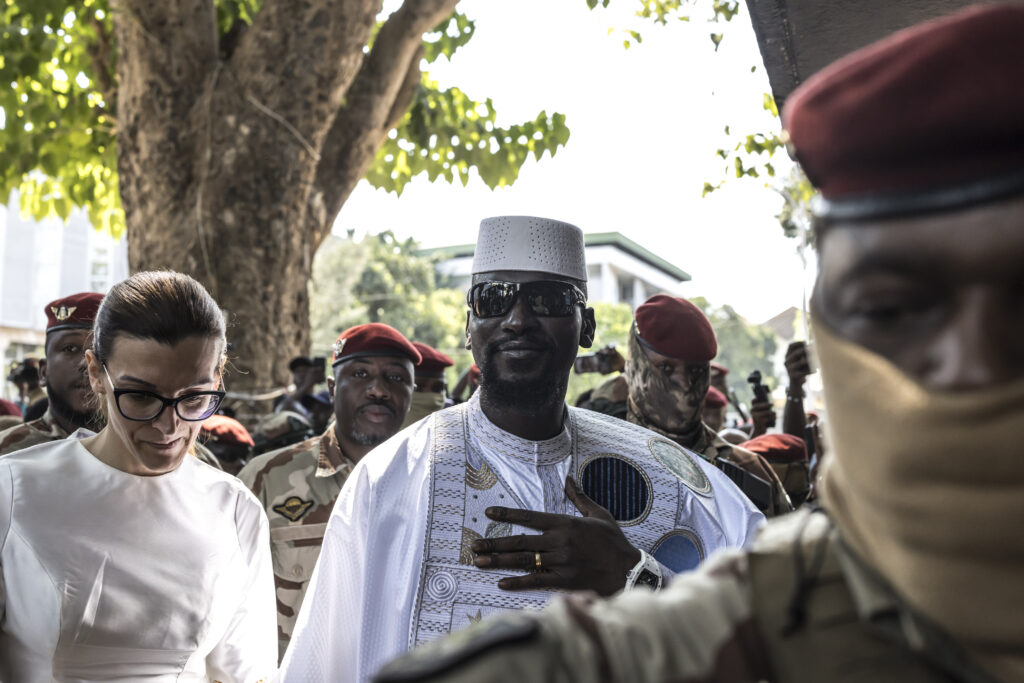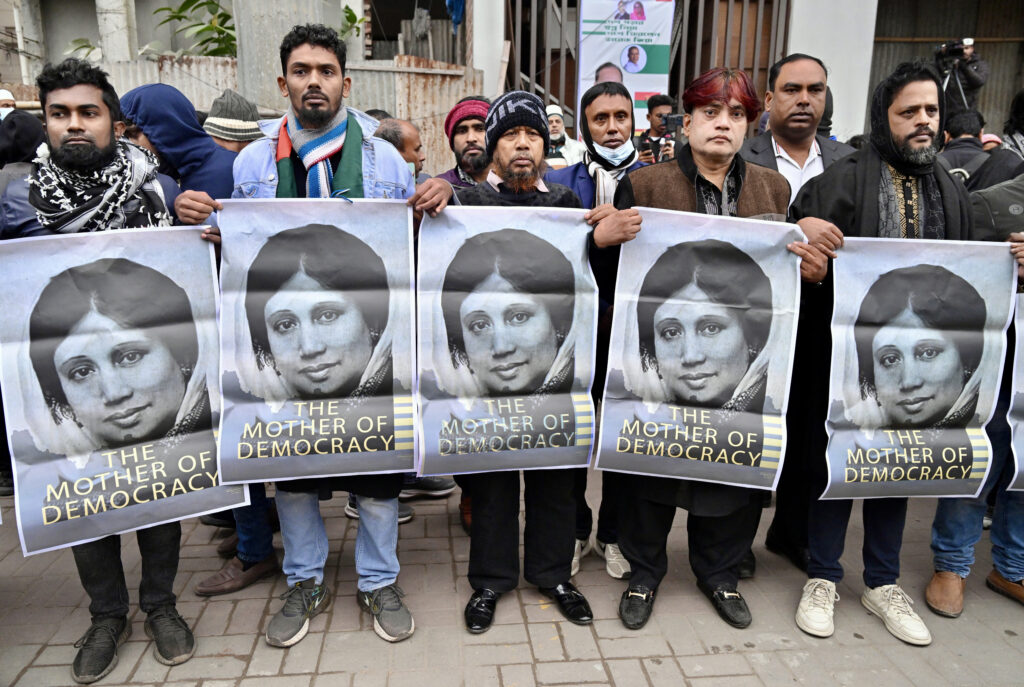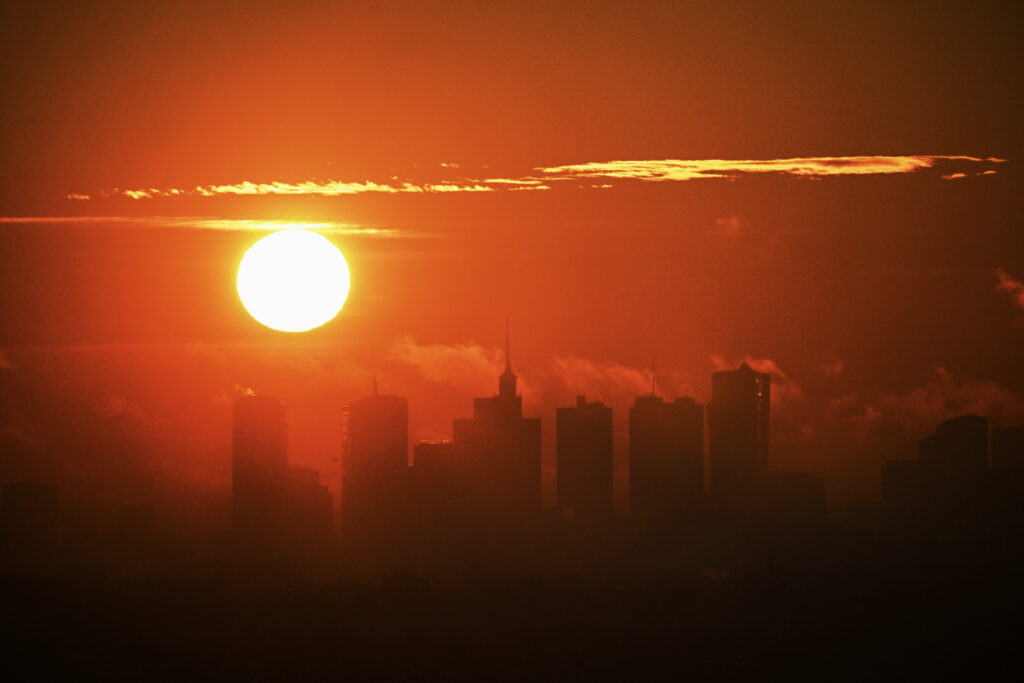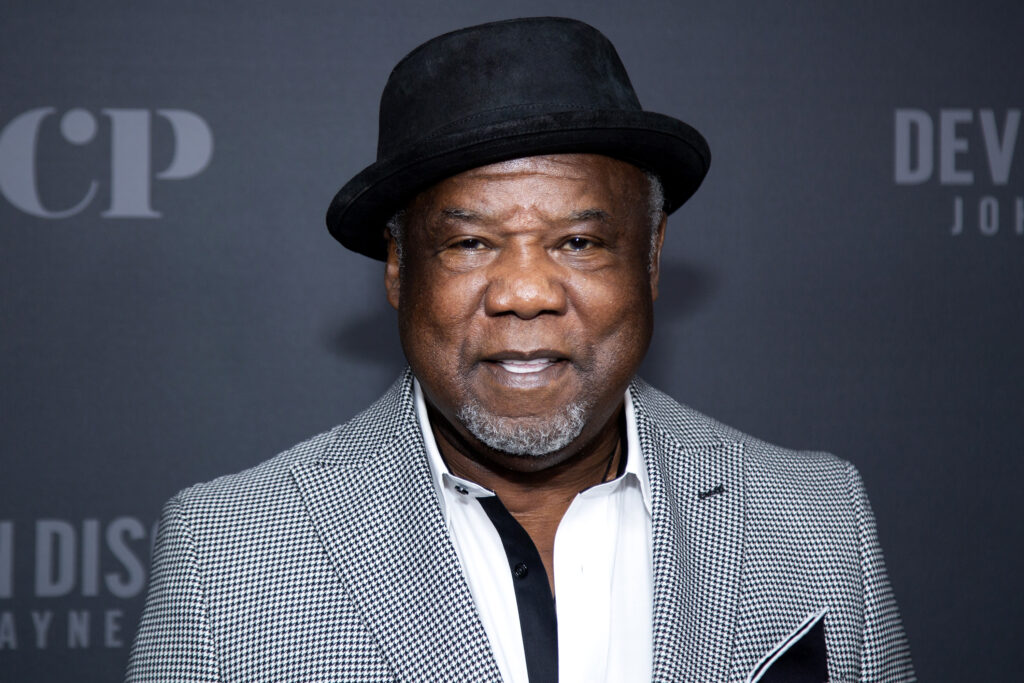Macron va tracer son ultime feuille de route avec ses voeux pour 2026
Régulation des réseaux sociaux, retour du service national, législation sur la fin de vie: Emmanuel Macron, très affaibli à seize mois de la présidentielle, va tenter durant ses voeux mercredi soir de retrouver un peu de souffle pour lancer les derniers chantiers de son double quinquennat.”Mes chers compatriotes” : comme chaque 31 décembre, à 20H00, le président va tracer sa feuille de route pour l’année à venir, les défis à relever et les raisons selon lui d’espérer malgré l’instabilité politique et le contexte international.Une allocution d'”une dizaine de minutes”, sa neuvième et avant-dernière du Nouvel-an, sur laquelle il travaillait encore mardi et qu’il pourrait amender jusqu’au dernier moment, selon son entourage.63% des Français ont l’intention de ne pas regarder les voeux et la cote de confiance présidentielle (25%) est au plus bas depuis 2017, selon le dernier baromètre Toluna/Harris Interactive pour LCI.Le cadre est d’ores et déjà fixé, avec le défi que constitue la guerre en Ukraine, qui entrera en février dans sa cinquième année et constituera la pierre angulaire de son intervention.De même que le message de fond: Emmanuel Macron “aura à cœur de montrer qu’il fera tout pour que 2026 soit une année d’action, une année utile”, souligne son entourage.Et, “sans tomber dans un optimisme béat”, l’objectif est aussi de “lutter un peu contre l’atmosphère qui est propice au +french bashing+ (dénigrement de la France, ndlr), qui est souvent d’ailleurs alimenté par d’autoproclamés patriotes”, ajoute-t-on en direction de l’extrême droite.- “Non à l’immobilisme” -Mardi, le chef de l’Etat s’est fendu d’un clip d’une minute sur ses réseaux sociaux chantant les “joies et peines, réussites et défis” mais aussi les “espoirs” de l’année écoulée, de la réouverture des tours de Notre-Dame aux deux prix Nobel français.”La France, durant ces mois, a continué d’avancer malgré un contexte difficile”, assure son entourage. De la même manière, 2026 sera “tout l’inverse de l’immobilisme”, promet-on, à rebours de l’ex-Premier ministre Edouard Philippe qui estime que “l’Etat n’est plus tenu” et a appelé à une présidentielle anticipée.Les marges de manoeuvres d’Emmanuel Macron sont faibles dans un pays sans majorité, où chaque vote à l’Assemblée confine au défi et où le budget pour 2026 est toujours dans les limbes, faute de compromis entre gouvernement et socialistes.Trois priorités sur la scène intérieure seront esquissées pendant les voeux: l’instauration d’un service militaire, la régulation des réseaux sociaux, et une loi sur la fin de vie.Emmanuel Macron entend réintroduire le service national, plutôt bien accueilli dans l’opinion, sous une forme volontaire.Après une série de tables rondes à travers la France, il évoquera aussi les réseaux sociaux avant des annonces, “a priori en janvier”, sur leur régulation auprès des jeunes. Un sujet non sans risque. “Quelle que soit la question, majorité numérique à 15 ans etc.., je ne sais pas de quel côté la pièce retombera. Il peut y avoir beaucoup d’opportunisme”, souligne un ancien ministre.Les textes sur la fin de vie seront examinés quant à eux à partir du 20 janvier au Sénat, avant de passer à l’Assemblée. Les débats s’annoncent compliqués, notamment au Sénat, ou le groupe Les Républicains, première force de cette hémicycle, est très réservé sur la création d’une aide à mourir.








